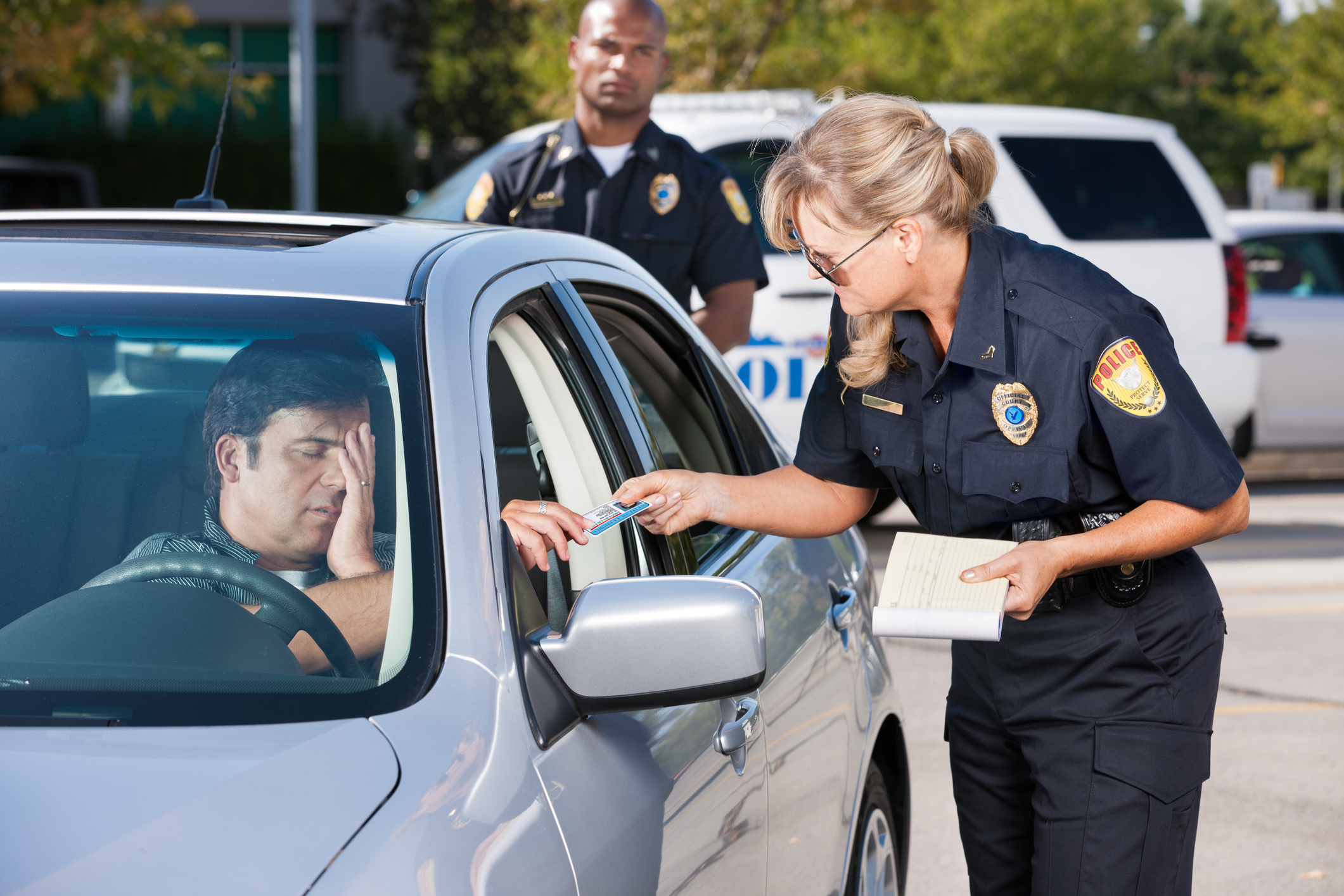Understanding How Reasonable Suspicion Affects DWI Stops
Being pulled over isn’t fun, but if you’ve had a couple of drinks, it can be even more stressful. A driving while impaired conviction can have serious repercussions in your personal and professional life, and most of these charges stem from a traffic stop. Learning what reasonable suspicion means and how it relates to traffic stops is the first step in understanding your rights and how a DWI defense attorney can help you fight the charges. Talk to a criminal justice attorney today if you’ve been arrested for impaired driving.
What Does Reasonable Suspicion Mean?
Reasonable suspicion is what an officer must have to conduct a traffic stop. They must have a “basis for forming a belief based on specific facts and rational inferences drawn from those facts.” When it comes to traffic stops, a simple traffic infraction is enough to give an officer reasonable suspicion. Common examples of reasonable suspicion for a traffic or DWI stop include:
- Crossing into the other lane
- Failing to stop at a stop sign
- Speeding
- Failing to use a turn signal
- Having a cell phone in your hand while driving
- Driving erratically
In many cases, the officer may only be stopping the car for the traffic infraction but notices that there are signs of driving while impaired when they approach the vehicle. Noticing any of the following could give the officer a reason to request that the driver submit to a sobriety test or take a Breathalyzer:
- The smell of alcohol on the driver’s breath
- Seeing an open container in the car when the officer approaches the vehicle
- The driver admitted to drinking before driving
If an officer does not have reasonable suspicion, they cannot legally stop your car. If they do, you may be able to challenge the stop in court and any evidence found as a result.
Can You Challenge a DWI Stop Without Reasonable Suspicion?
While law enforcement officers are an essential asset in keeping those in Roseville and the surrounding area safe, it’s critical that they operate within the confines of the law to protect citizens’ rights. If an officer violates the law, such as making a DWI stop without reasonable suspicion, and that leads to criminal charges, you have the right to fight back in court.
Challenging a DWI stop on the grounds that the officer didn’t have reasonable suspicion can be difficult because it often comes down to the officer’s word against yours. If the officer says you were swerving out of your lane, proving that you weren’t can be difficult. In some cases, footage from dashcams or bodycams can be helpful. For example, if you have a dashcam installed on your vehicle and that footage shows that you were maintaining your lane, it can help your attorney prove that the officer didn’t have a reason to stop you.
If your attorney is successful in arguing that the officer didn’t have reasonable suspicion for the DWI stop, it can be highly beneficial to your case. It can result in all evidence gathered from the stop being ruled inadmissible in court, including a failed sobriety test or a high BAC from a Breathalyzer.
What Other Rights Do You Have When Being Stopped by Police?
Knowing your rights when you’re being stopped by police can ensure that you don’t inadvertently do or say something that could negatively impact your case. First and foremost, you have the right to remain silent and refuse to answer questions from the police. Officers often try to engage you in conversation to uncover other evidence.
For example, an officer may ask where you are coming from. If you name a local bar, this may lead them to ask more questions to attempt to determine if you may be driving while impaired. While being civil and polite is crucial, you aren’t legally required to offer more information or answer questions beyond identifying yourself and showing proof of insurance.
You also have the right not to be subjected to unlawful search and seizure. This means that an officer cannot search you or your vehicle without your consent or probable cause, such as seeing an open container in clear view. If the officer asks if they can search your car, you should decline.
Many people mistakenly believe that you can or should refuse a chemical test as a way to get out of a DWI charge. However, Minnesota has an implied consent statute, which means that if you are driving a vehicle within the state, you can submit to a chemical test in certain circumstances.
In general, the officer must have probable cause to arrest you for operating the vehicle while under the influence. If you are placed under arrest for DWI, you were in a car accident where someone was injured, or you refused to take a Breathalyzer, you may be forced to submit to a blood, breath, or urine test. In many cases, it’s best to go ahead and take the test and rely on an attorney who may be able to contest the results.
What Can You Do If You Were Stopped Without Reasonable Suspicion?
If you were stopped by police and charged with a DWI, you need the help of an experienced attorney right away. They can help you determine if the officer had reasonable suspicion for a stop and what strategies you may be able to use to fight the charges.
If you’re facing DWI charges and the potential of jail time, a costly fine, and losing your driver’s license, Adams Law Firm, PLLC, is here to help. Call 651-240-9282 today to schedule an appointment with a criminal justice attorney to discuss your case and options.




